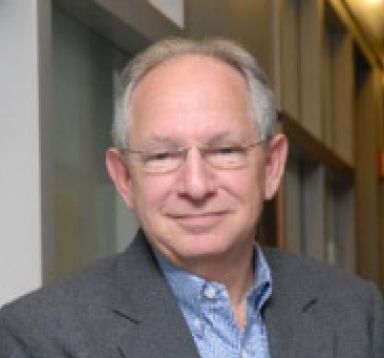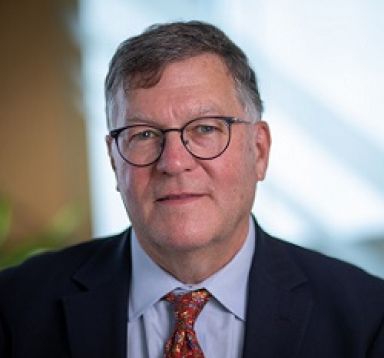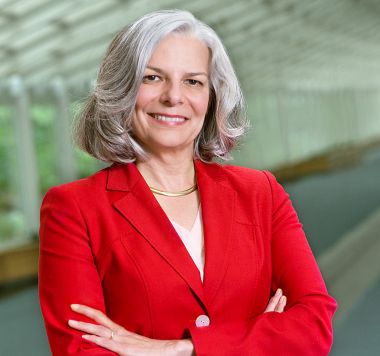
Perspective from
our Leaders
Scholars Supported
At the FNIH we often talk about identifying inflection points: those challenges and moments where a collaborative investment of human and financial resources can drive significant, lifesaving biomedical research.
In these pages, you’ll learn how our early focus on one such inflection point — the establishment of a unique research collaboration to respond to the COVID-19 pandemic — yielded results in 2021, delivering definitive data on potential treatments to address SARS-CoV-2. These treatments were prioritized and then tested using “master protocol” clinical trials designed and executed through the FNIH-managed Accelerating COVID-19 Therapeutic Interventions and Vaccines (ACTIV) public-private partnership.
As the pandemic continues to evolve, so does the ACTIV partnership, tackling new critical questions. ACTIV’s Tracking Resistance and Coronavirus Evolution (TRACE) Working Group, for example, is taking a leading role in monitoring how current vaccines and therapeutics work on emerging viral variants.
2021 also marked an important inflection point for the FNIH as an institution. In September, FNIH President and Executive Director Dr. Maria Freire stepped down after nine years of remarkable leadership. We’re deeply grateful for her significant contributions to the FNIH and to human health. In December, we also bid farewell to NIH Director Dr. Francis Collins, a tremendous scientific leader and longtime champion of FNIH’s efforts to accelerate biomedical research and innovation by building strong alliances among governments, industry, and foundations.
These leadership changes had special resonance because they occurred during our 25th anniversary year. Anniversaries serve as their own inflection points, offering the opportunity to both celebrate past achievements and plan for the future. For the FNIH, 2021 was a time to intensify our pursuit of new discoveries and initiatives that promise to make life better for patients across many diseases and around the world.
For example, this year our long-standing Biomarkers Consortium partnership identified new tools that may pave the way toward improved treatments — and a better patient experience — for those who suffer from Alzheimer’s disease and serious liver disease. We extended our support for the Comprehensive Cellular Vaccine Immune Monitoring Consortium (CCVIMC), which provides fresh insight into the decades-long challenge of creating a vaccine for HIV. And our newly launched Accelerating Medicines Partnership® Bespoke Gene Therapy Consortium (AMP® BGTC) Program is speeding the delivery of promising new therapies to patients with rare diseases that currently lack effective treatments.
Exciting new collaborations like these grow from a 25-year tradition of thoughtful, creative, and resolute problem-solving and partnering. As we lean into our next quarter century, the FNIH continues to seek out opportunities to bring together the best science from our public and private partners to address the most pressing biomedical challenges we face today, and those we know await us in the future.


Chairman of the Board


Interim President and
Executive Director

Welcome Julie Gerberding!
The FNIH Is delighted to welcome
Dr. Julie L. Gerberding as our new CEO effective May 16, 2022.As the first woman to lead the Centers for Disease Control, Dr. Gerberding managed responses to dozens of public health emergencies, including avian influenza and SARS-CoV-1. She later joined Merck as President of Vaccines, oversaw Global Public Policy and Strategic Communications for the company, and most recently served as Chief Patient Officer and Executive Vice President, Population Health & Sustainability. A leading voice for patient safety and empowerment, Dr. Gerberding has created programs addressing antimicrobial resistance, infection prevention, and medical error reduction in healthcare settings. At the FNIH, she will assume a critical role in guiding the continued growth of FNIH and expansion of its unique public health mission.
ACCELERATING MEDICINES PARTNERSHIP and AMP are registered service marks of the U.S. Department of Health and Human Services.